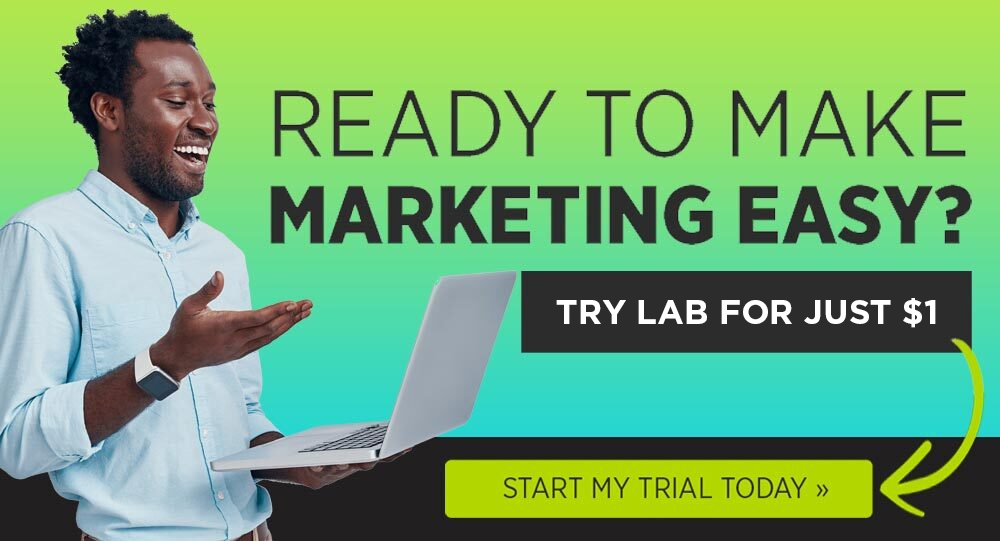After 5 years of marketing agency experience in B2B, I started creating on YouTube 2 years ago when I went on maternity leave. I wanted to understand how video marketing and YouTube works so I could walk the talk when it came to selling video content to clients.
Turns out I enjoy being a content creator more than providing services to clients.
I’ve learned a lot of things from doing YouTube—some of them changed how I view and approach certain things as a marketer.
Here are 5 marketing lessons after 2 consistent years of creating content on YouTube:
Importance of Building a Community and Engaging with People
I’ve created some of my most popular videos because I’ve listened to my audience and had 1:1 conversations with them. Engaging with people on a personal level takes much more time than traditional communication methods of randomly selecting people from your audience or through social listening (which is what most businesses do), but so worth the effort.
It’s rare for a brand to reply to every email and message they receive on social media for every content they put out. Reason is simple: The value is not easy to see, the impact can’t be attributed or attached to a marketing goal and companies can’t (or don’t) invest in having a team member focus on this.
But brand efforts usually perform better when they’re not attached to monetary goals and obsessed over to hit some numbers.
The value you can create is a loyal fan base and promoters of your brand. Those who talk about you in the online or offline space with their friends and network. And that is priceless!
Value of Direct Feedback Loops and Qualitative Input VS Metrics and Data
Analytics dashboards give you lots of numbers to analyze and optimize. But numbers are limited in telling you stories and sentiments.
I began taking advantage of surveys, polls, Q&A’s, DM’s, comments in YouTube and even emails to keep the feedback loop open and consistently keep updated with what my audience is enjoying, what they’re interested in, what they don’t like, what they’re doing with their lives, etc. There is SO MUCH feedback opportunity and input if you’re willing to invest your time into those channels.
Humanizing Marketing and Putting a Face to Brands is a Game Changer
Traditionally, a marketer’s job is to communicate a brand’s message using digital platforms. Obviously in a way that is engaging, relevant and timely to their audience.
We normally don’t put a face on that communication or have 1:1 conversations and get to know them.
Now I know certain names in my audience. I know where they’re from. I don’t only talk with them about marketing or career but also about the weather in their country or a holiday tradition. It brought the relationship building back into the picture and I know that this isn’t something possible to continue at an extensive scale. But I’d still say it’s 100% worth doing the best you can to be involved.
Attribution Isn’t a Straightforward Concept
It’s not easy to understand what made your audience light up or get convinced about your services or expertise. There are so many touchpoints we create as marketers, but sometimes all it takes for them to feel connected to you is a personal story.
Big learning when it comes to planning a marketing strategy and identifying the best performing channels.


Digital Marketing is a Skill That Expands the Ownership of Marketers
Every content creator (on YouTube or another platform) is a marketer or has to be.
Even if your expertise is personal finance or gardening, you learn how to do marketing because you start to build a business around your content and you can only grow it if you become better at marketing it. So nowadays, you’ll find people from all kinds of fields and experiences learning digital marketing as it’s a natural part of their business. And many of them are doing a fantastic job at it.
P.S. Did you know that YouTubers are now more correctly referred to as Content Entrepreneurs? That’s much better.
If you’re not a creator on YouTube but are doing marketing, I’d suggest giving these learnings some thought and considering including them in your marketing strategy.
Do you create on YouTube? What have you learned from your journey?
















